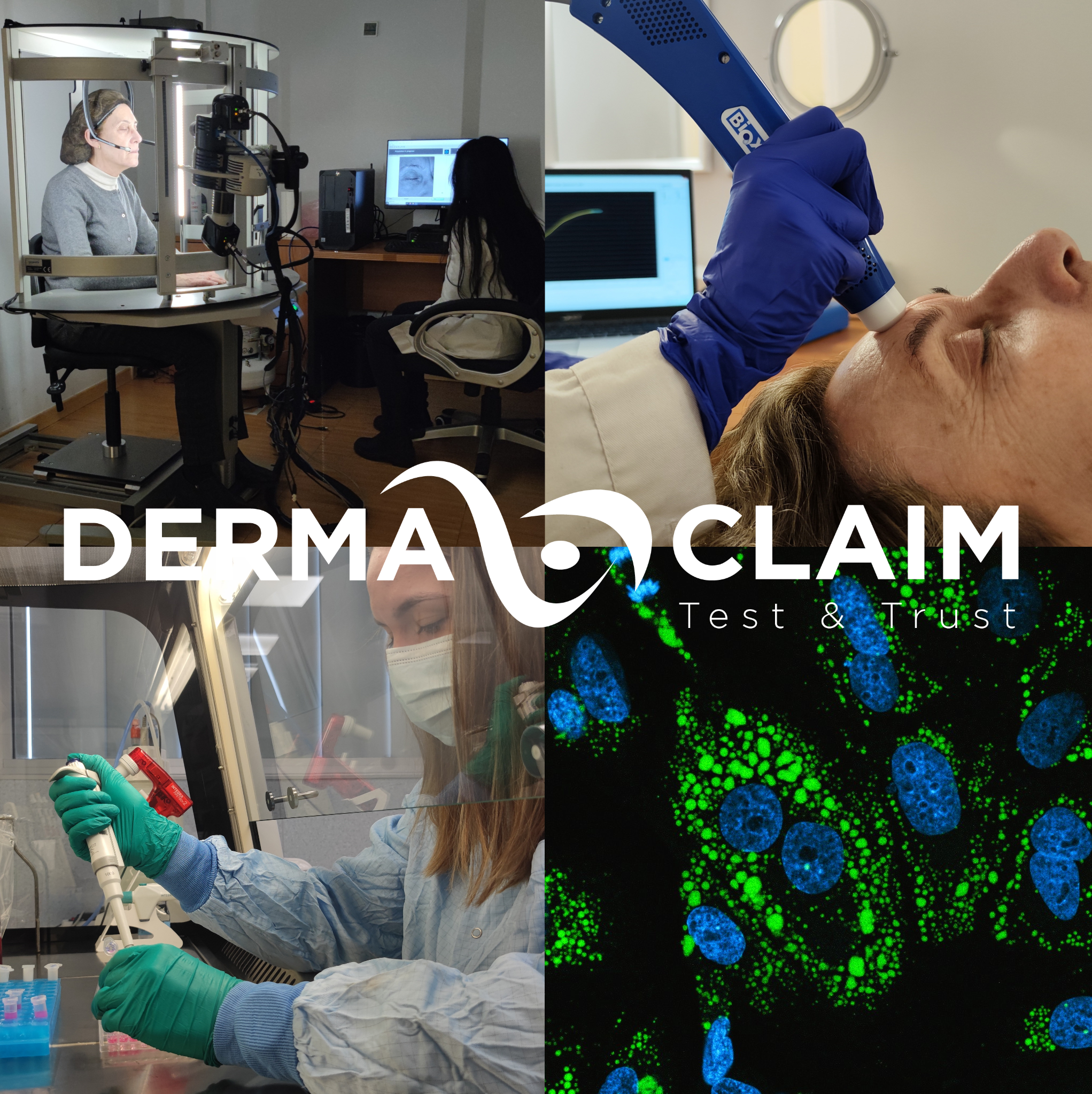By now, the medical device industry has had ample time to adjust to its “new normal.” Healthcare firms have had years, really, to revamp their business models to jumpstart growth, but progress has been tortoise-like—hampered by lingering Affordable Care Act uncertainty, new federal regulations, hospital consolidations, purchasing decision instability, fickle reimbursement rates and demands for values-based solutions. Nevertheless, medtech manufacturers realize that future profits depend on their ability to evolve with the market, and many have begun their metamorphoses, whether it be through acquisition (Medtronic-Covidien, Zimmer-Biomet, Smith & Nephew-ArthroCare, Danaher-Nobel Biocare), partnerships (Novartis-Google[x]), restructuring (Philips N.V., Baxter International and Abbott Laboratories) or redefining innovation. As St. Jude Medical Inc. CEO Daniel J. Starks noted, “Innovation is broader than delivering the next breakthrough product. It is about partnering with physicians, hospitals, payers, patients and our communities to challenge conventional thinking and create medical solutions that save and improve millions of lives worldwide—while reducing healthcare costs for all.”
The 30 Top global medical device companies by Medical Product Outsourcing
Share
Share
Source
Contact





